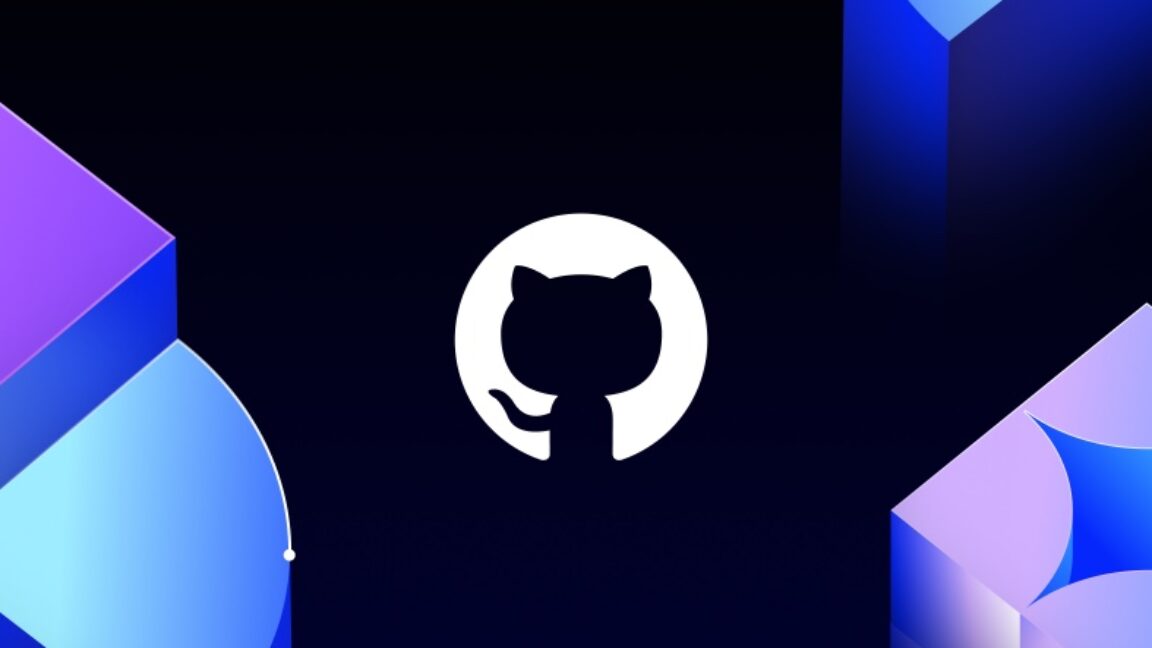GitHub to be integrated into Microsoft’s CoreAI as CEO Thomas Dohmke exits

After several years of operating with a degree of independence inside its parent company, GitHub is set to be brought more directly into Microsoft’s structure next year. CEO Thomas Dohmke has announced plans to leave and return to founding, while staying through the end of 2025 to help guide the transition.
As part of the shift, GitHub’s leadership will continue its mission within Microsoft’s CoreAI organization. Rather than appointing a direct CEO successor, the leadership team is expected to report to multiple executives within CoreAI as responsibilities realign.
Dohmke has led GitHub since late 2021, succeeding Nat Friedman, and previously served as the company’s chief product officer. He became GitHub’s second CEO under Microsoft’s ownership.
Microsoft acquired GitHub in 2018 for $7.5 billion, placing it among the company’s costlier deals. For context, the price tag topped the roughly $7.2 billion paid for Nokia’s phone business in 2013, but trailed the $8.5 billion spent on Skype in 2011 (which has since been wound down in favor of Teams) and the $8.1 billion acquisition of ZeniMax Media in 2020, which later saw multiple rounds of gaming-related layoffs in 2024 and 2025.
Bringing GitHub closer to the CoreAI umbrella aligns with Microsoft’s aggressive push into AI-assisted development. GitHub Copilot has steadily evolved since its late-2021 debut, adding support for multiple large language models and introducing agent-like capabilities that take on natural-language tasks in the background while developers focus elsewhere.
That momentum has been tempered by growing pains. Earlier this year, a Copilot issue exposed private repositories belonging to several large companies. And a recent developer survey indicated that trust in the accuracy of AI coding assistants has slipped even as adoption has grown, with engineers citing extra troubleshooting caused by results that are close but not quite correct.
What this means day to day for GitHub users remains to be seen. Before this change, Dohmke reported to Julia Liuson, who leads Microsoft’s developer division, and she reported to Jay Parikh, head of the CoreAI group—suggesting GitHub was already deeply connected to the AI platform strategy.
CoreAI itself is a relatively new organization formed earlier this year with a mandate that includes expanding GitHub Copilot and related tooling. The direction signals Microsoft’s view that developer experiences will increasingly be AI-native.
Internal org charts matter far less to customers and competitors than the outcomes they experience—an idea reflected in Microsoft’s push to unify its AI platform and developer tools.
For now, GitHub’s product roadmap and day-to-day operations appear to continue, with leadership focusing on deeper AI integration, reliability, and trust. The transition will play out through 2025 as GitHub becomes a more formal part of Microsoft’s CoreAI strategy.



